The Founder of Hallmark Built an Empire with Nothing But Two Shoeboxes of Cards
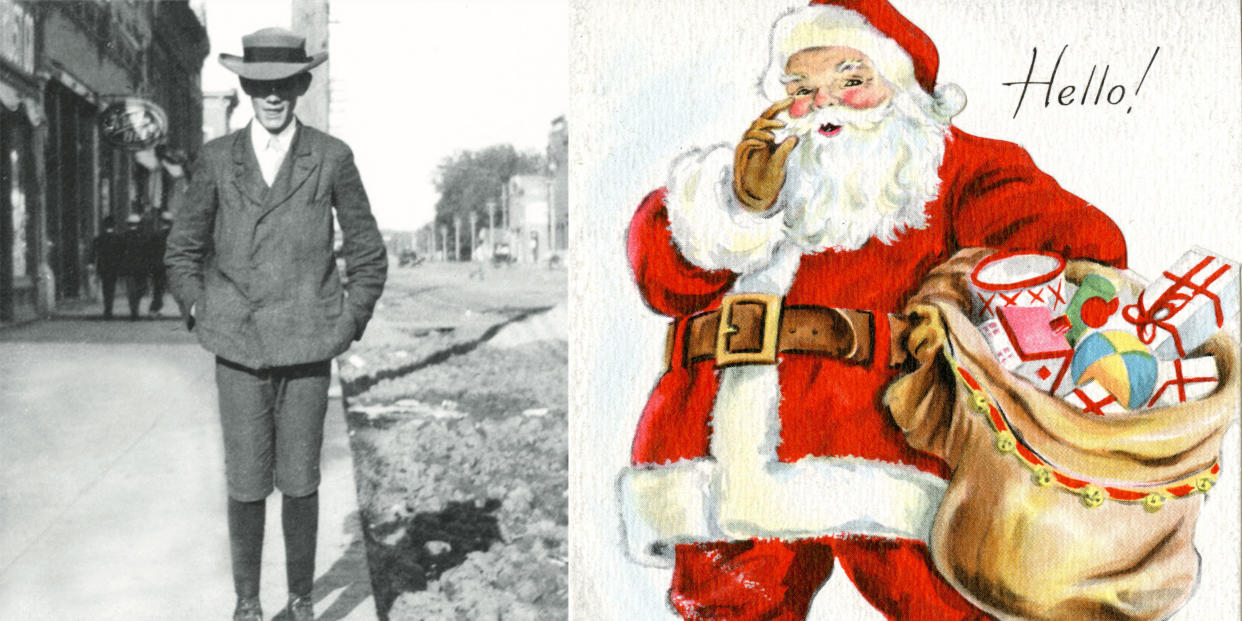
Today, Hallmark is a household name, a major manufacturer, and a beloved television network. But back in 1910, the company was just a dream for its founder, Joyce Clyde (J.C.) Hall, then a Midwestern teenager.
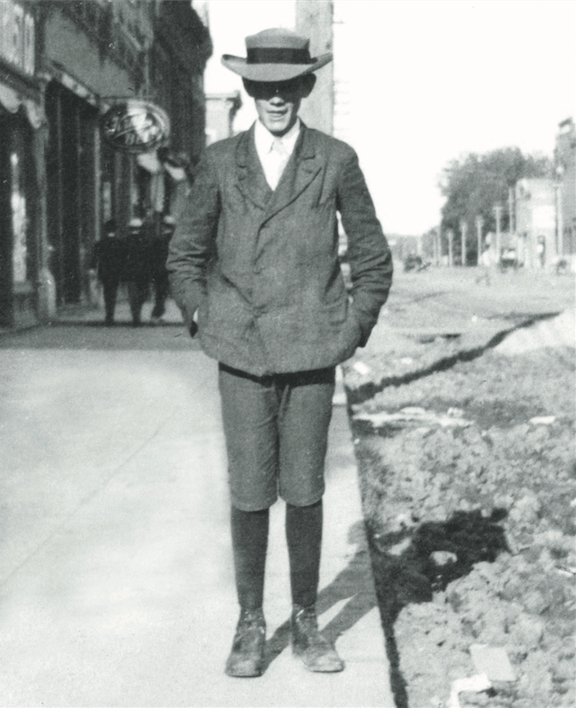
The family-owned business has always served small town America. Born the son of a preacher in David City, Nebraska, J.C. grew up poor. At age 16, he started selling postcards with his big brothers, Rollie and William, in Norfolk, Nebraska, where the family had moved.
''All I was trying to do was make a living,'' he once said. ''In those days, if you didn't work, you didn't eat. And I liked to eat.''
By age 18, the youngest Hall headed to Kansas City, Missouri, with nearly nothing to his name but two card-filled shoeboxes, according the company website. The enterprising teen again targeted surrounding small towns, traveling by train and peddling his product until he was able to open up a storefront in downtown Kansas City with Rollie.
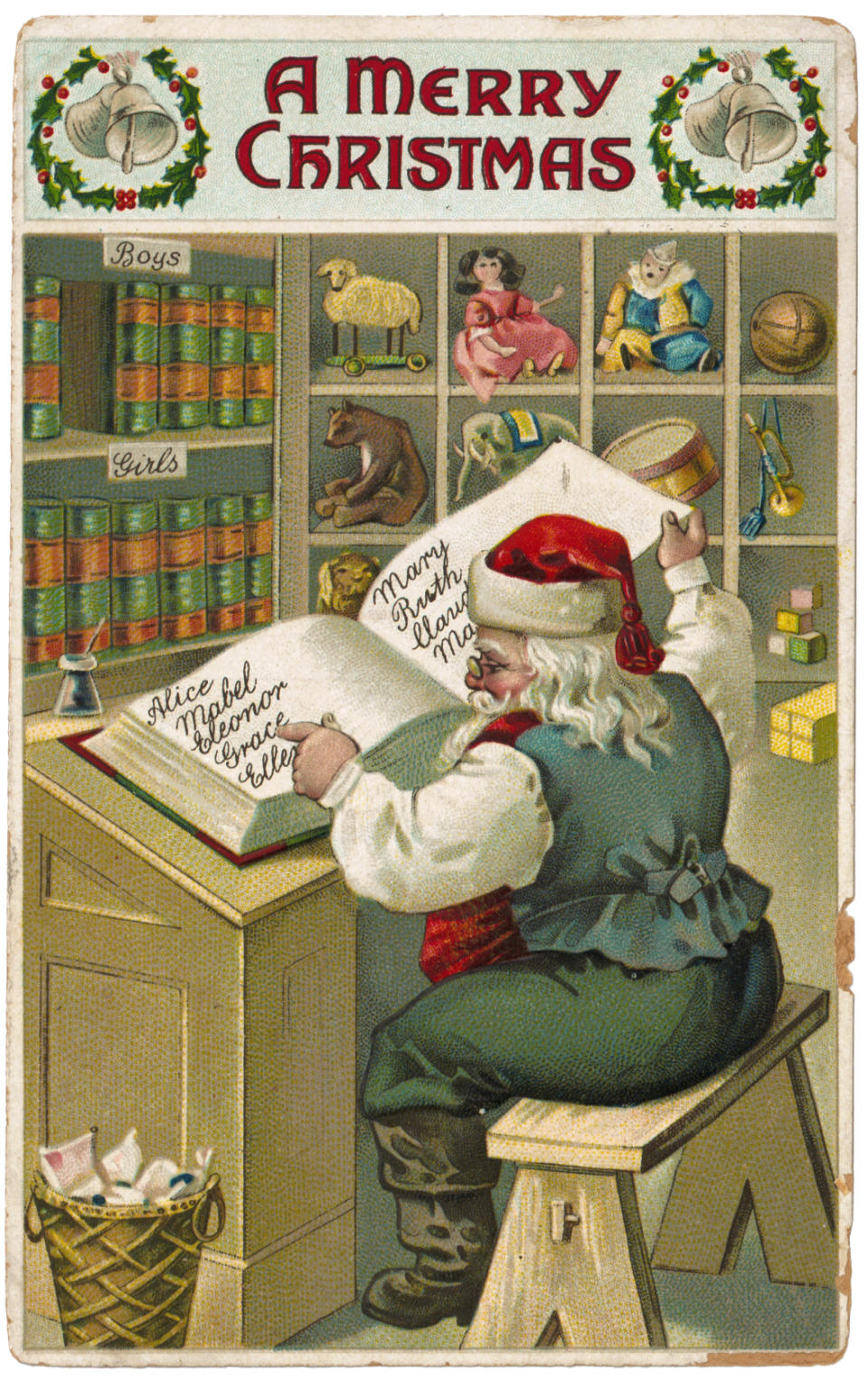
When their business literally went up in flames in 1915, the brothers were left with $17,000 in debt. Luckily, they had a million dollar idea: greeting cards that came in envelopes, making them more discreet than the standard open-face offerings. While the Halls didn't invent the concept of greeting cards, they certainly helped popularize them.
Eventually, the brothers took out a loan, invested in a printing press, and began making their own product. Hall Brothers Inc., the original Hallmark Cards Inc., was born. After the first couple years, the new business was doing well, but when the United States entered World War I in 1917, things really took off.
"No one in the greeting card business set out to benefit from the war, but in many ways it was an important turning point for the industry," J.C. is quoted in Patrick Regan's book Hallmark: A Century of Caring. "People sought closer contact with one another and especially with their relatives and friends in the service. And servicemen themselves not only enjoyed receiving greetings, but sending them as well. As a result many more men became permanent buyers of cards than ever before. And I saw something else in the custom-a way of giving less articulate people, and those who tend to disguise their feelings, a voice to express their love and affection."
Greeting cards weren't the Halls' only innovation. They can also be credited for inventing decorative wrapping paper in 1917 (an improvisation after running out of the standard plain paper), as well as the card display racks you still see in every store today.
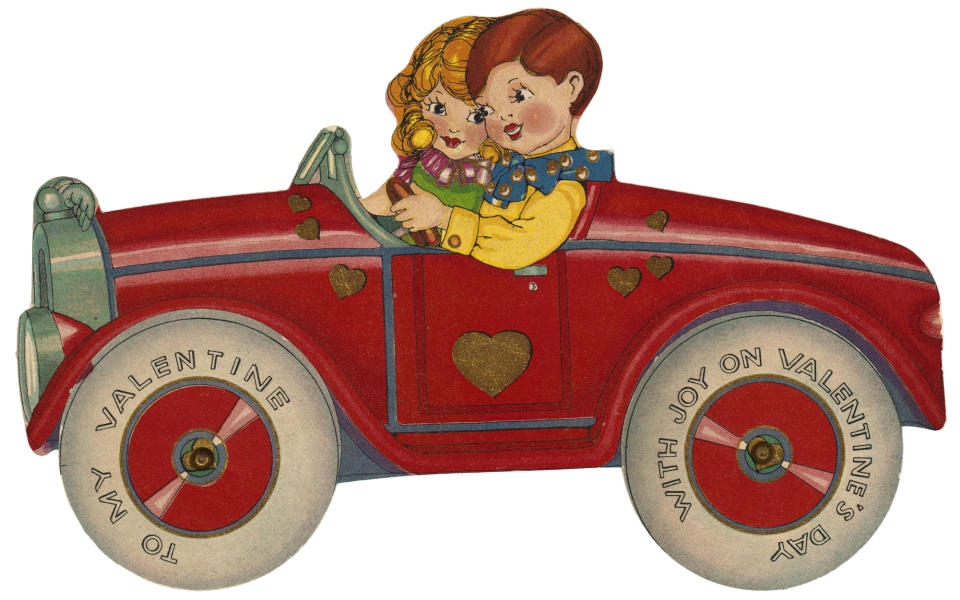
During the Depression, J.C. refused to lay off any employees, wrote Regan, and the Kansas City-headquartered company came through remarkably untouched. In fact, Hall Brothers Inc. was one of the few employers with an occasional job opening in those difficult years.
Although the company started going by Hallmark in 1928, the slogan, ""When You Care Enough to Send the Very Best," coined in 1944, actually preceded the company's official name change in 1954. The company began sponsoring TV specials in the '50s (an early version of the Hallmark Hall of Fame, which has since expanded to Crown Media, with the cable networks Hallmark Channel and Hallmark Movies & Mysteries).
The '70s brought Hallmark Keepsake Ornaments, the Shoebox Greetings line, and more, and Hallmark Gold Crown stores launched in 1986. When J.C. died in 1982, his son, Don Hall, succeeded him as chairman.
Original works by Winston Churchill, Norman Rockwell, and Salvador Dali have graced the greeting cards, and as ABC News reported, the company has even been commissioned to create holiday cards for several Commanders in Chief (Presidents Eisenhower, Kennedy, and Johnson, to name a few).
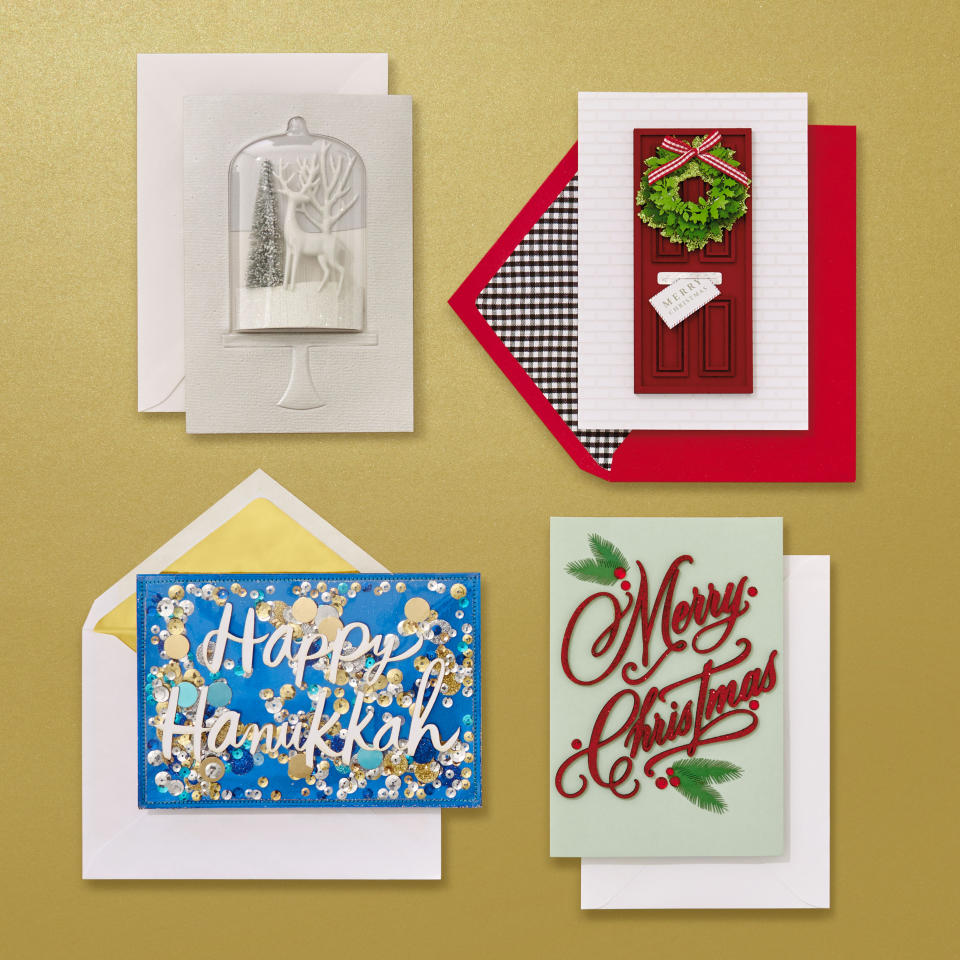
Today, Hallmark has grown into a network of related companies with several greeting card and product lines. And the Hall family legacy lives on: J.C.'s grandsons, David E. Hall, and Donald J. Hall, Jr., are president and CEO, respectively.
You Might Also Like

